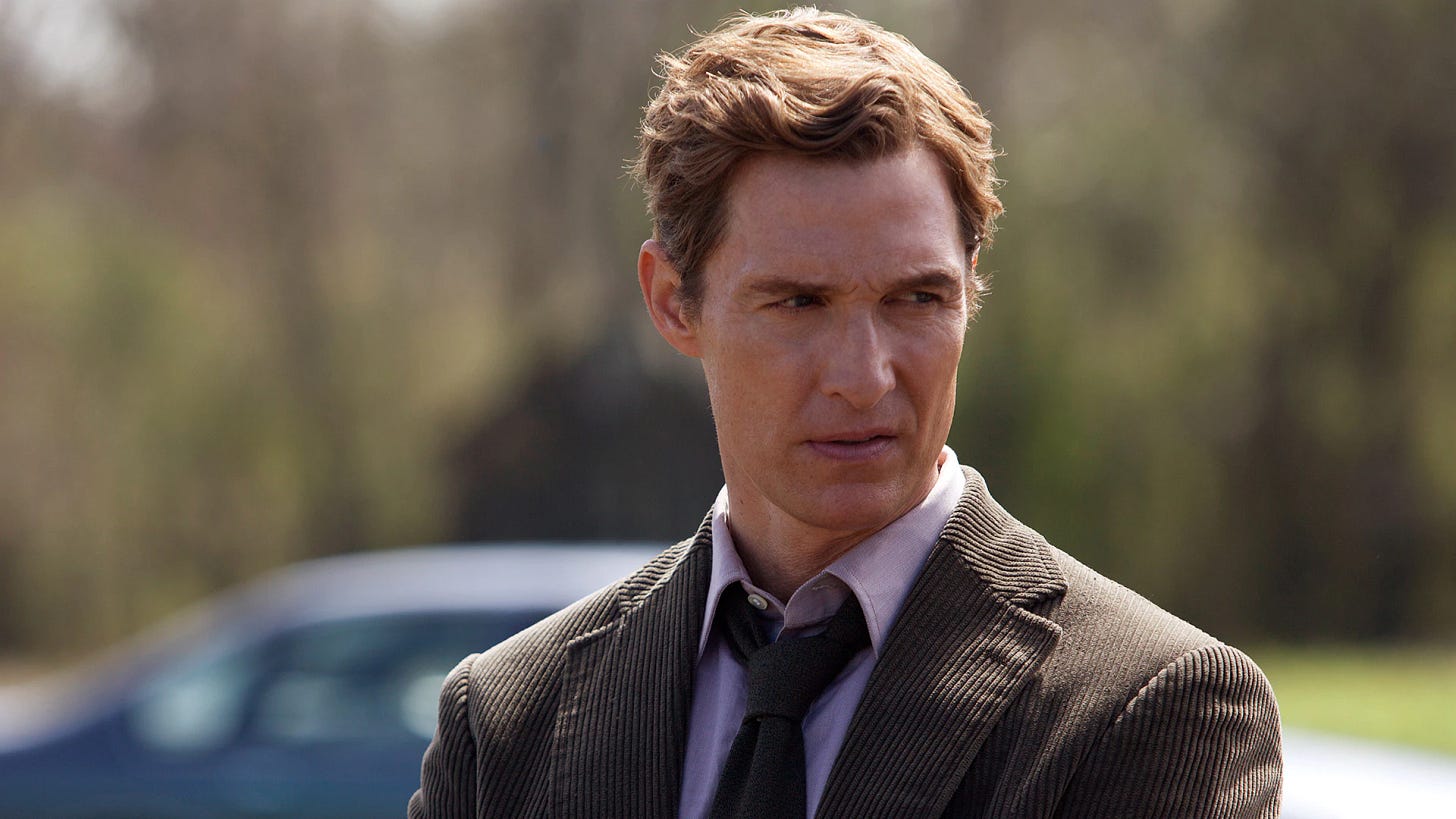Getting good at the wrong thing costs you more than you think
Because there's nothing worse than realizing you've mastered a craft you despise.
A simple truth I keep coming back to: You get good at what you do often.
Ignoring this idea means to risk getting good at something you don’t enjoy. Worse still, you may become excellent at something you hate.
I’ve been trying to interrogate this more in my own life. Building this website, for example, has required a great deal of my time the last five years. Across hundreds of essays and blog posts, though, I can only point to a small handful that have come in conversations with friends or readers online.
Yes, this site has opened innumerable doors for my career, and it’s certainly made me a better writer. Yet I can’t help but wonder whether there’s something else I should be doing instead of tapping and clacking away each week, here instead of elsewhere.
When I see the two books I wrote sitting on my shelf — neither of which would have materialized without my blog — I realize that nobody, not even me, would even consider printing out one of my blogs to frame on their wall. A book has a better shot at being timeless compared to a few paragraphs published to the web, and yet most of my writing time these days is spent on the latter.
The work here is closer to a long-winded flurry of tweets than anything literary. And while practicing this form has helped me improve at it, I’m not getting closer to being the next Hemingway.
Someday I may repurpose these weekly essays into a winding, philosophical book on work and life. But until then, I can’t escape the feeling that showing up here consistently is just me procrastinating on something more difficult.
And, it also occurs to me that getting good at the wrong thing is a slow trudge toward guaranteed regret — nothing seems more soul-crushing than becoming a master at a craft you despise.
To be sure, building an audience online is effectively a prerequisite to selling books or getting a deal with a publisher. (Sometimes I convince myself that’s what I’m doing.) Then again, there are probably other things I could and should be doing to move the needle more.
There’s a scene I like from the show True Detective with Matt McConaughey’s nihilist-inclined character, Rust Cohle. He’s reminiscing with his partner Martin Hart, played by Woody Harrelson, about the years they shared that have since turned into memories.
“Life's barely long enough to get good at one thing,” Cohle says. “So be careful what you get good at.”
It’s a word of caution in the show, but for our purposes, there’s a way to frame it in a more uplifting light.
Everyone should be thoughtful about what they choose to spend their time on. But to me, there’s a quiet confidence that accompanies the belief that being excellent at something is indeed within your control.
If we accept that what you do often becomes what you get good at, the recipe for competence and achievement becomes straightforward.
All that’s left is deciding what you want most.
I write about powerful ideas, recession-proof skills, and building a personal brand in my newsletter every week. Join 1,850 subscribers here.


